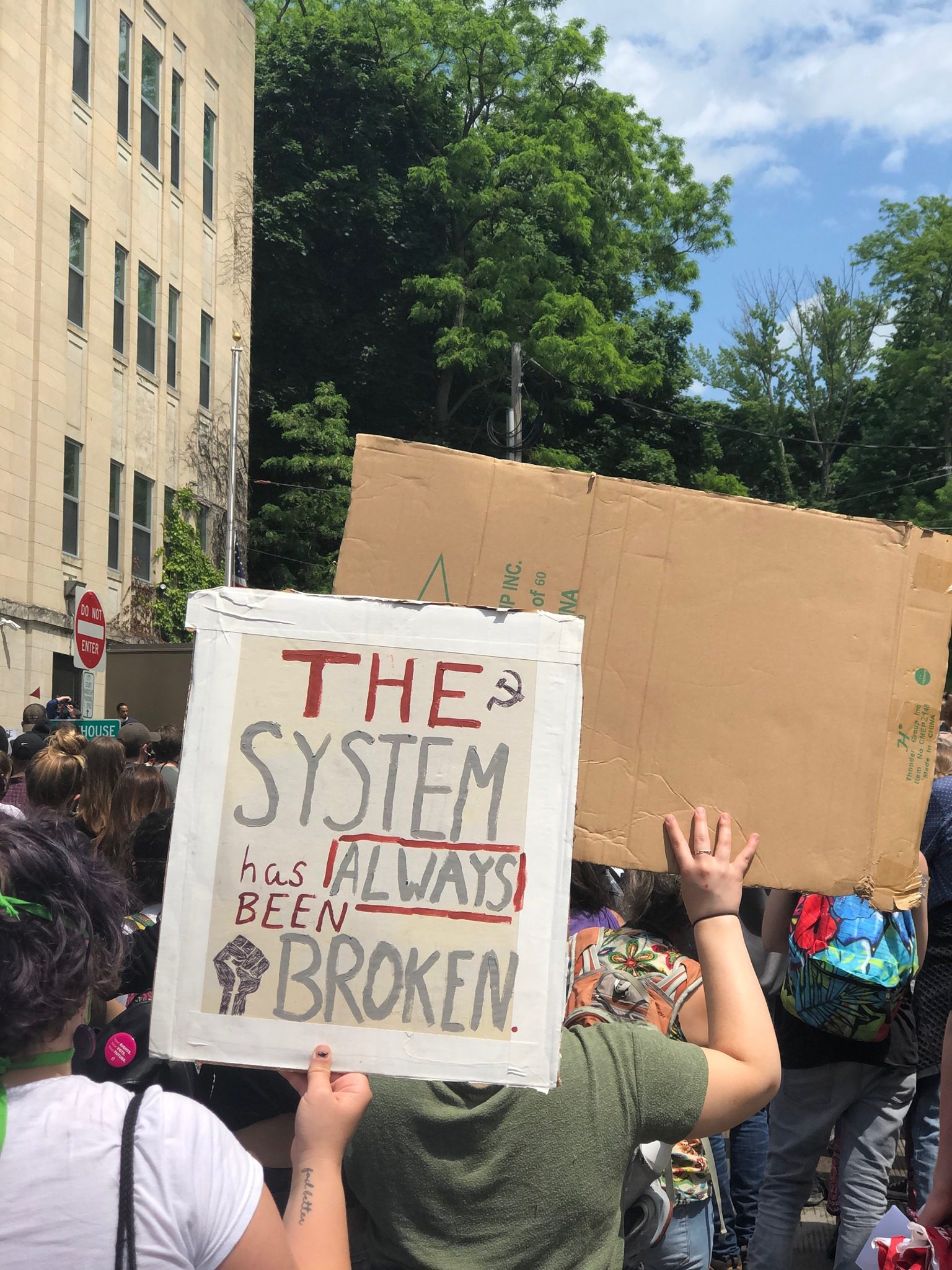Defunding the police is a reform that has gained traction in the wake of the massive Black Lives Matter protests after the death of George Floyd. The movement has a central principle: funds currently allocated to the police should be shifted towards public services like education and mental health emergency response. Police should also be subjected to numerous reforms including demilitarization, increased training, and the removal of some duties (such as responding to mental health issues). It’s a ridiculous thought to many who think that the police are best equipped to handle society’s ills, but there are numerous problems with that logic. Police are fundamentally agents of force: they enforce laws through physical means, which means that they are always able to deploy force in a situation. This makes them ill-equipped to deal with a variety of situations.
Studies have shown that police are more likely to pull over minority drivers (but less likely to find contraband), more likely to arrest young black people for marijauna use despite a similar rate of usage with white young people, and in places like Washington DC and Ferguson, Missouri, more likely to hit black people with unwarranted searches and failure-to-comply tickets.
Systems do not act independently of people. They are very vulnerable to the prejudices of those working in them and there is little doubt that the police are the same. This is not a simple fix―there is no magical way to cure biases and we should not be looking for one. We can talk of reforms independent of a true restructuring but unless we truly divest from punishment, unless we stop putting people in jail with no plan for when they get out, then we will continue to punish and punish excessively. Punishment is often ineffective at enacting real change, and as such, there must be more drastic action taken. We need to move away from jail cells and beatdowns and towards classrooms and counselors.
People commit crimes for many reasons, chief among them is need. Recidivism is such a massive problem in America because we do so little to meet that need for our people: we invest in punishing them for trying to meet their needs and divest in action that could help them, the very action that the money from defunding the police could go towards. We can talk about giving police higher standards and limiting their potential use of force but we have to realize that if the goal of the police is to catch and lock up people who are committing crimes, then they are succeeding in that job but not succeeding in making America a better place.
If punishment above prevention is our goal, then we are not a fair society―punishment to an extent is acceptable but when we leave people so few choices than to commit punishable actions what can we even expect? When the NYPD pays 230 million dollars in settlements, many of them for excessive force, why do we accept that? Why do we pretend that it’s just the work of a “few bad apples” when it is so obvious that there is pervasive bias against minorities? We, as a society, are closer to a consensus on the existence of police bias than ever before. We are making steps towards a restructuring of how we value prevention vs. punishment.
If police are to be valid as an institution of justice then there absolutely must be a change in their goals and a reduced emphasis on funding their ever-increasing machine of racially biased force. It will not end with defunding the police. Defunding the police alone will not end injustice in America or even truly in the police. However, defunding the police will mitigate the harm that police can do, and it is a logical reform for this horribly divided nation.

